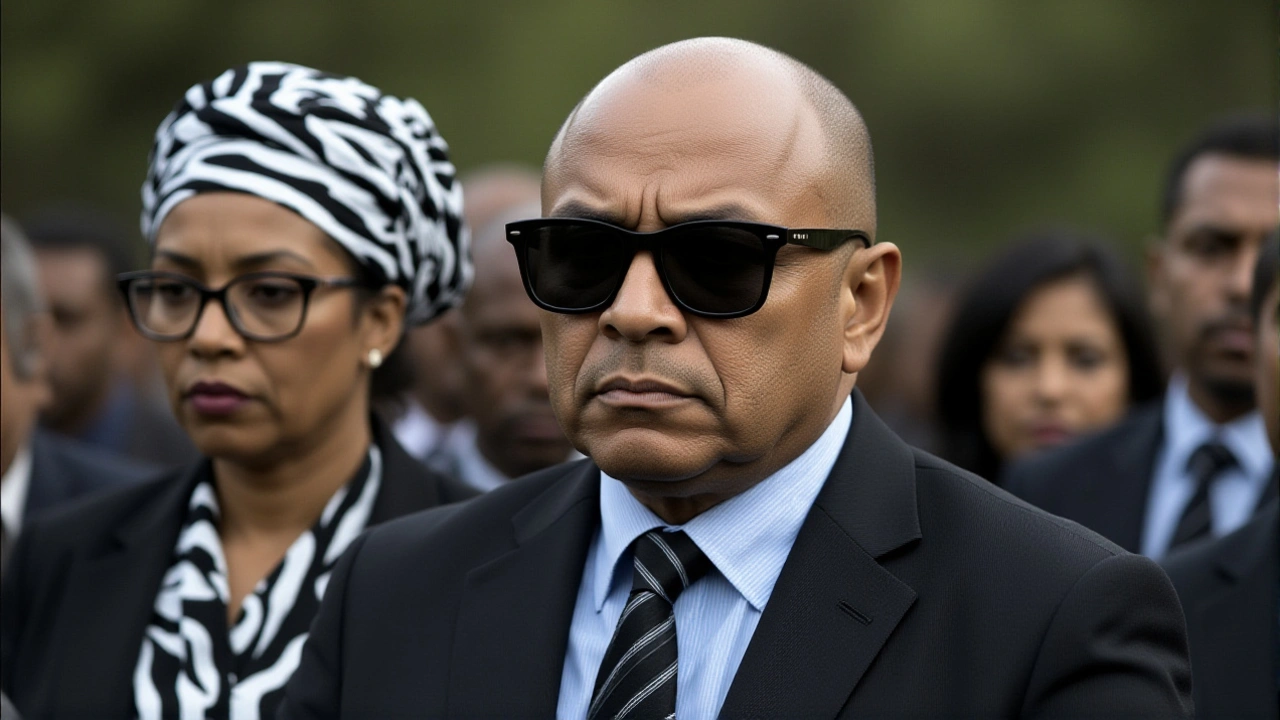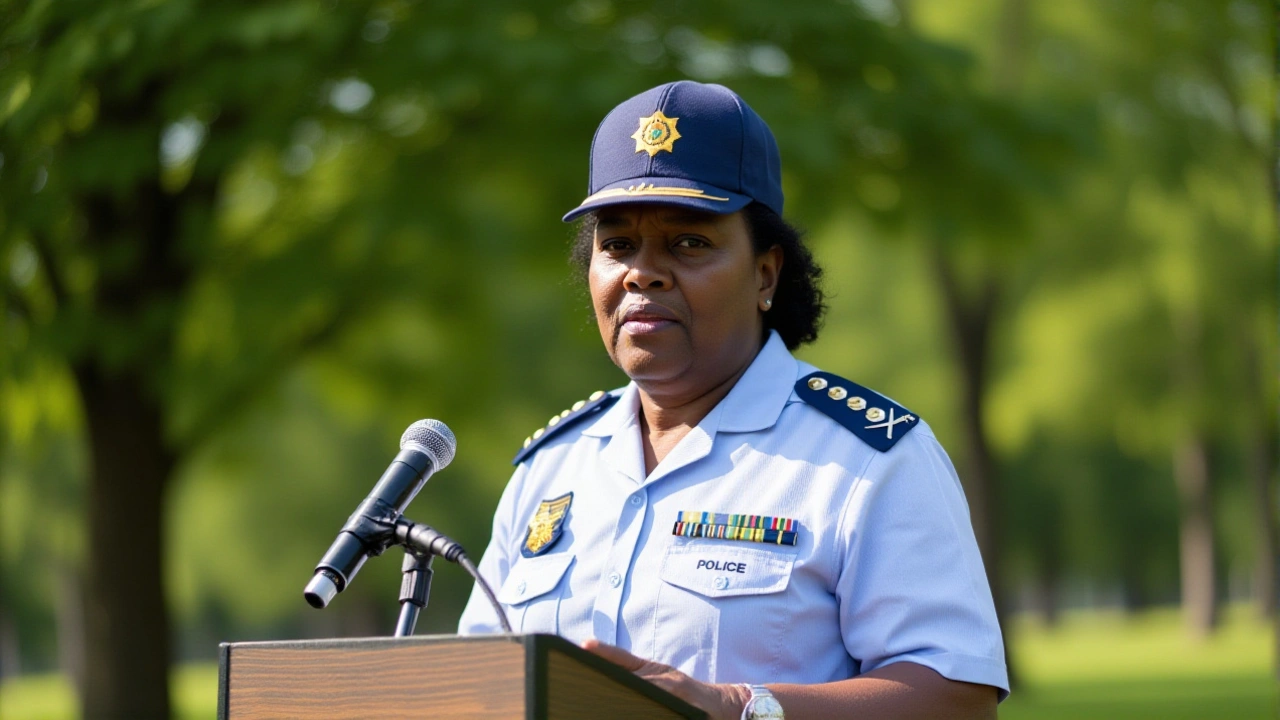Political Interference
When talking about political interference, the use of power by government officials or parties to sway institutions, investigations, or public opinion. Also known as political meddling, it can erode trust in democracy and fuel unrest.
One of the most visible ways political interference shows up is through police corruption, the misuse of police authority for personal, partisan, or financial gain. When politicians pressure law‑enforcement agencies, investigations into crimes can be stalled, evidence tampered with, or suspects protected. This creates a feedback loop: political interference fuels police corruption, and corrupt police forces become tools for further meddling. The recent testimony before the Madlanga Commission highlighted exactly how this loop works in South Africa.
The Madlanga Commission, a special parliamentary inquiry set up to probe political killings and state capture in KwaZulu‑Natal was launched to break that loop. Its mandate includes uncovering how politicians may have ordered the shutdown of high‑performing task forces, how they collude with criminal syndicates, and how financial abuse skews justice. By shining a light on these connections, the commission demonstrates that political interference requires an independent investigative body to be exposed.
For any investigation to succeed, whistleblower protection, legal safeguards that shield individuals who report wrongdoing from retaliation is essential. Without it, insiders fear losing jobs or facing legal attacks, and crucial evidence stays hidden. The Madlanga hearings showed that when whistleblowers are protected, they can reveal the chain of orders that link senior politicians to corrupt police actions. In turn, strong protection mechanisms weaken the grip of political interference on law‑enforcement agencies.
Beyond the police, political interference seeps into the judiciary, media, and civil society. When courts are pressured to dismiss cases, or when media outlets face intimidation, the whole democratic fabric unravels. These sectors depend on autonomy; any breach reinforces the power of meddling politicians. Observers note that South Africa’s justice system has felt the strain, with judges occasionally recusing themselves under political duress and journalists reporting self‑censorship.
Recent events across the continent illustrate the breadth of this issue. In Kenya, the rollout of a new voter‑verification system has sparked debates about whether political actors are using technology to suppress opposition votes. In Nigeria, the central bank’s policy moves are being examined for possible political motives behind interest‑rate decisions. Each case underscores that political interference is not limited to one country or one institution—it’s a regional challenge that reshapes policy, economics, and everyday life.
Below you’ll find a curated set of articles that dig into these topics. From the Madlanga Commission’s first week hearings to analyses of police corruption scandals, from discussions on whistleblower safeguards to broader looks at how political interference alters elections and economic policy, the collection offers real‑world examples and expert commentary. Dive in to see how each piece connects back to the core ideas explained here, and stay informed about the forces shaping Africa’s political landscape.

Police Minister Senzo Mchunu Defends Himself Before Parliament’s Ad‑Hoc Committee
Oct 16, 2025, Posted by Ra'eesa Moosa
Police Minister Senzo Mchunu defended himself before Parliament's ad‑hoc committee amid allegations of political interference in the SAPS, a case with major implications for KwaZulu‑Natal and national trust in law enforcement.
MORE
Police Commissioner Fannie Masemola Testifies at Madlanga Commission Amid Political Tensions
Sep 30, 2025, Posted by Ra'eesa Moosa
National Police Commissioner Fannie Masemola testified at the Madlanga Commission, exposing alleged political interference and tensions over the KZN Task Team in Pretoria.
MORE